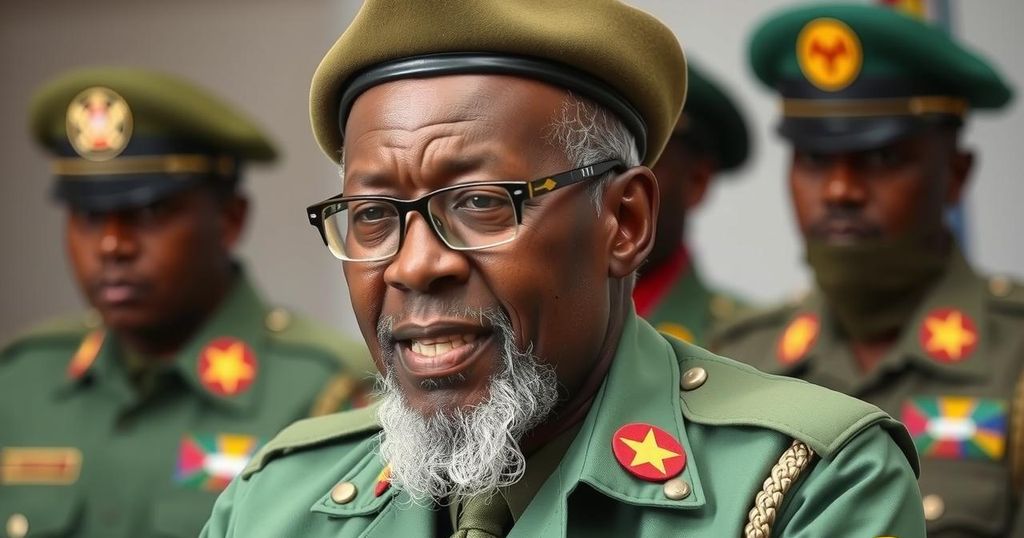The Sentry reports significant human rights abuses in Sudan, labeling them as potential genocide. Joseph Siegle promotes the Turkish mediation as a hopeful solution for peace. South Sudan emphasizes the need to curtail poaching of its wildlife, signaling urgent environmental concerns.
In a recent analysis, the investigative organization The Sentry has reported that Sudan is experiencing mass atrocities that could be classified as genocide. Joseph Siegle, the director of research at the Africa Center for Strategic Studies, commented on the possibility of peace through Turkish mediation in the ongoing Sudanese conflict. Meanwhile, the South Sudan government has taken a firm stance against poaching, urging hunters to cease their activities to protect the nation’s wildlife.
The context for these developments in Sudan and South Sudan revolves around the ongoing violence and humanitarian crises in the region. The Sentry’s findings highlight the dire situation in Sudan, where armed groups have committed severe human rights violations. The proposal for Turkish mediation comes amid these crises, presenting potential pathways to peace. Concurrently, South Sudan is grappling with issues affecting its biodiversity and is actively working to curb illegal poaching as part of a broader effort to safeguard its natural heritage.
In summary, the calls for sanctions against Sudan’s paramilitary leader reflect a growing recognition of the severe human rights violations occurring in the region. Meanwhile, international efforts for mediation could provide a glimmer of hope for peace in Sudan. South Sudan’s efforts to combat poaching demonstrate a commitment to preserving its environmental resources, showcasing the interconnected challenges faced by both nations in addressing violence and protecting wildlife.
Original Source: www.voaafrica.com






